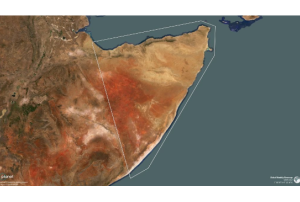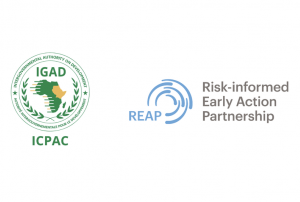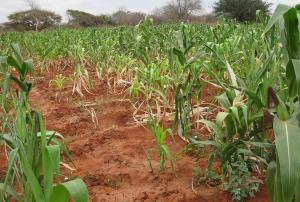Record low rainfall has triggered a disastrous drought in the Horn of Africa, causing a humanitarian crisis. Several individuals have been forced to leave their homes while many more are struggling with food scarcity due to a reduction of 40-70% in the average rainfall. This has resulted in water becoming a scarce resource. The lack of rainfall for one season can be disastrous, but experiencing six consecutive seasons without sufficient rain is beyond comprehension. The circumstances are so severe that the difference between survival and death can be measured in mere millimeters.
Organizations such as Planet are utilizing "planetary forensics" to assess the level of moisture in the soil, in order to comprehend the severity of the situation. By using Soil Water Content (SWC) data, they can accurately determine the environmental condition of dry areas. According to initial models by Planet, the recent drought in the Horn of Africa has the lowest moisture levels in the last...
more


